The life of insular communities must be vastly different from the one familiar to us – creatures with our gaze stuck in this most immediate mud of the world. While indulging this thought, it is not impossible to imagine how somewhere, far away, not even time abides by the usual rules, having its own rhythm, in a wordless harmony with the sound, taste, and smell of the waves. Perhaps, within such an isolated system, carved out by a continuous and ever-the-same horizon, existential unrest would dissipate, and what we call utopia (in terms of interpersonal connections) would ultimately find its place in everyday life.
The outsider, for whom the endless openness of the sea means merely transition, savors with relief a fluctuating horizon, any interruption of that continuous line serve as remote directional guidelines. To preserve its mythical integrity, the island needs to become elusive. A fortunate coincidence ensures that all the environmental elements collaborate in keeping its secret, by projecting mirages or letting the mist to fall. The potential sailor-cartographer is left with an unrequited need for certainty, while the island’s existence remains, once again, a mystery.
As ”a phantom island”, Isychia invokes this trajectory of possibility actualization that any myth presupposes. By becoming geographically impossible to identify, the island gains its meaning through its phantom non-existence, becoming an accumulation of uncertainties and a receptacle of a fantastical realm. In the non-linear planning phase of Isychia, Codruța Cernea mindfully chooses to highlight this ambiguous state of being, historically attributed to the respective area, internalizing it to some extent even at the level of the creative act.
Just as in the problem of locating the phantom island, in the case of the artistic process, it is hardly possible to speak in terms of a rigid system, because it cannot be achieved solely through well-organized and calculated steps. It is almost impossible to sense a precise beginning or an end to this series, which subtly evokes everything that came before it, simultaneously anticipating future series. Given the different circumstances of creation and research, the artworks reunited here can almost be considered as sole emissaries, each bearing their own message from the rupture point of potentiality – Isychia.
From the earliest series, Codruța Cernea configures pictorially the path to such possibly existing places, that draw from both our current reality and the realm of intuition. An important milestone in this regard is the Future Nostalgia series, exhibited in 2019, where she explicitly explores for the first time the compositional qualities of the interior-exterior relationship. Moving forward, with Paradise of Lost Desires in 2021, her search shifts to the open, natural landscape, all while retaining a specific sense of structural control. Another significant turn, both in terms of technique and composition, occurs in 2023, with the exhibition This Will Feel Like a Strange and Warm Embrace – an experimental and spontaneous leap of faith needed to bridge the gap and open the way to future Isychia.
– excerpt from text by Tea Vindt
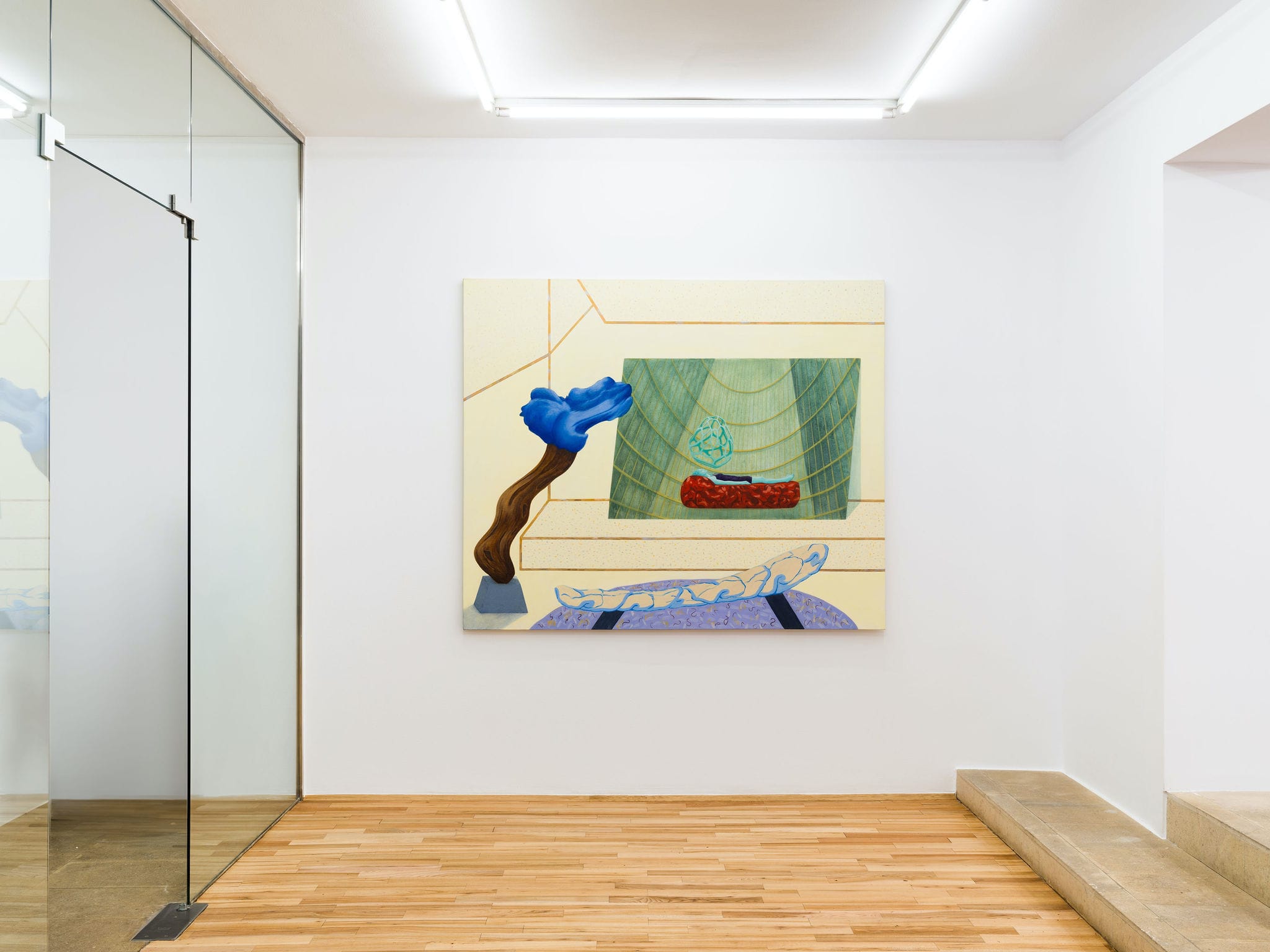
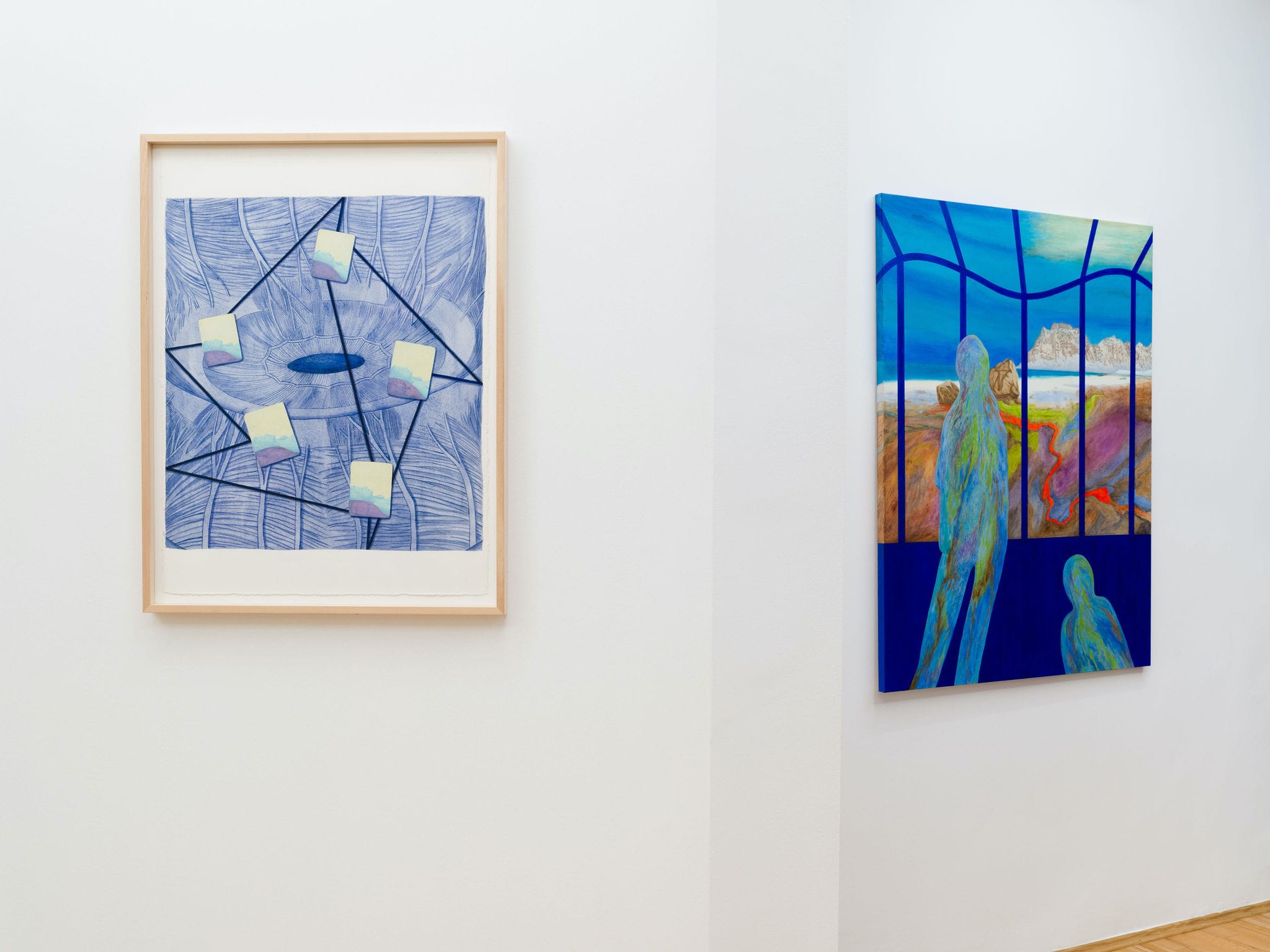
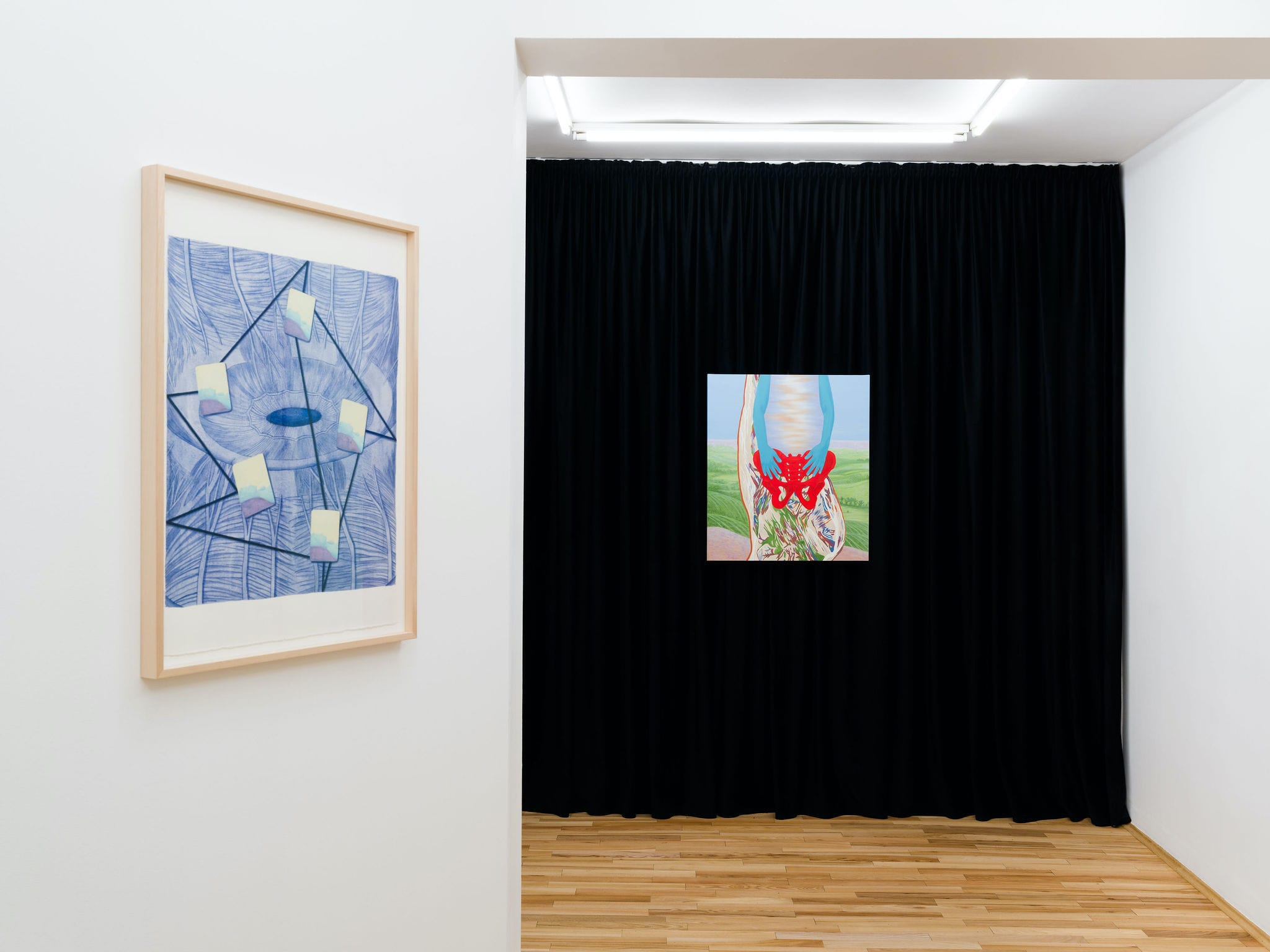
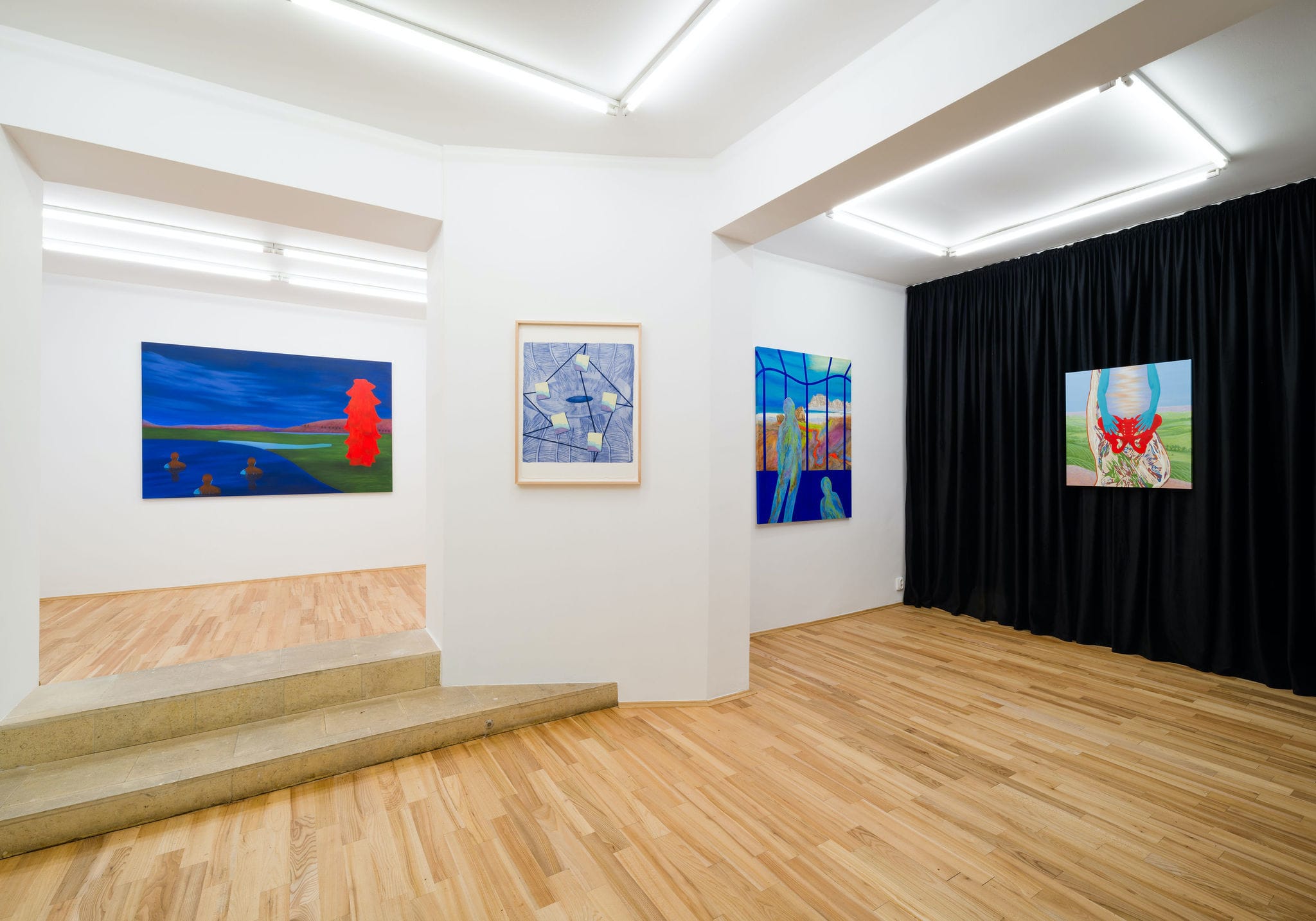
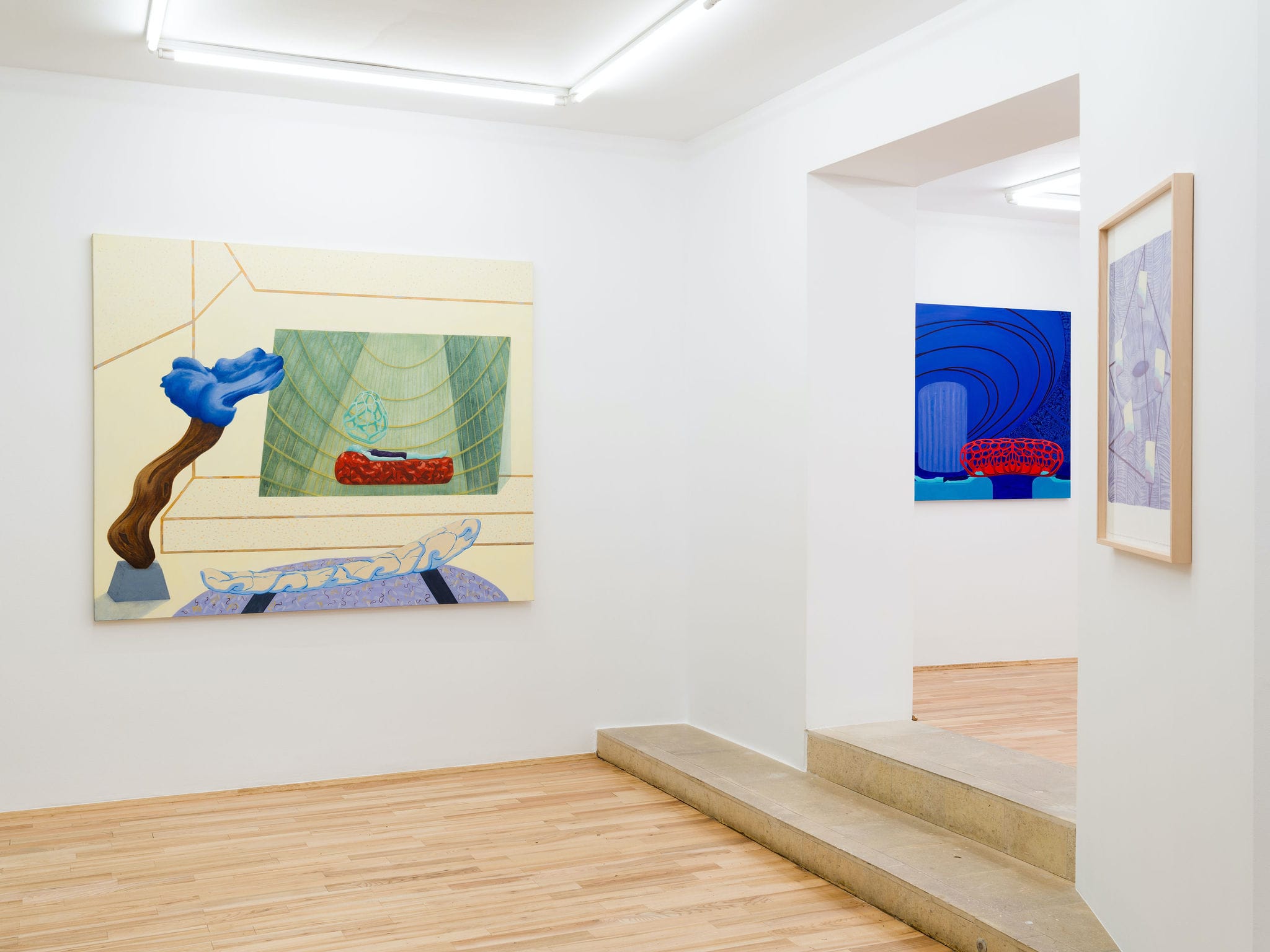
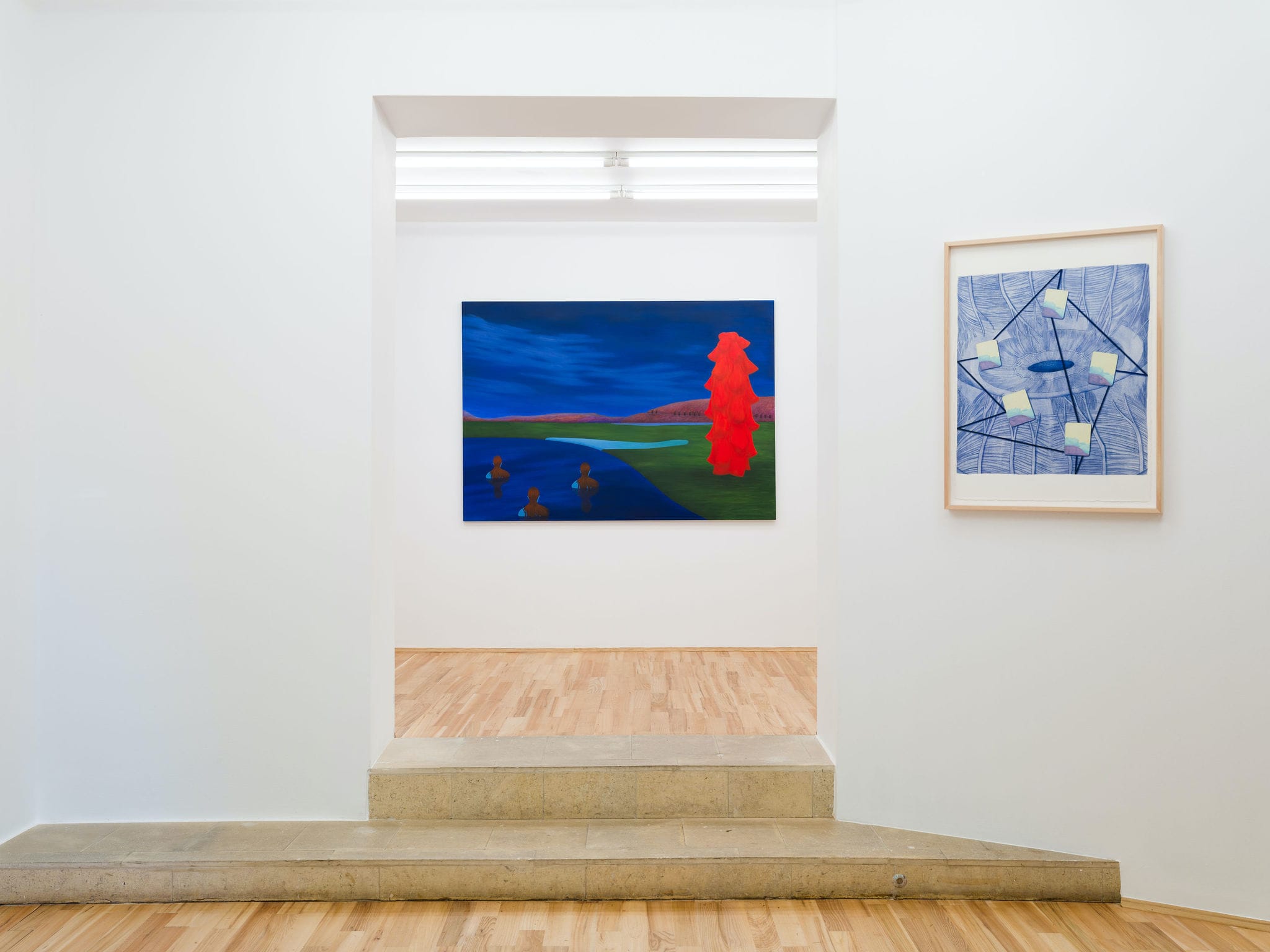
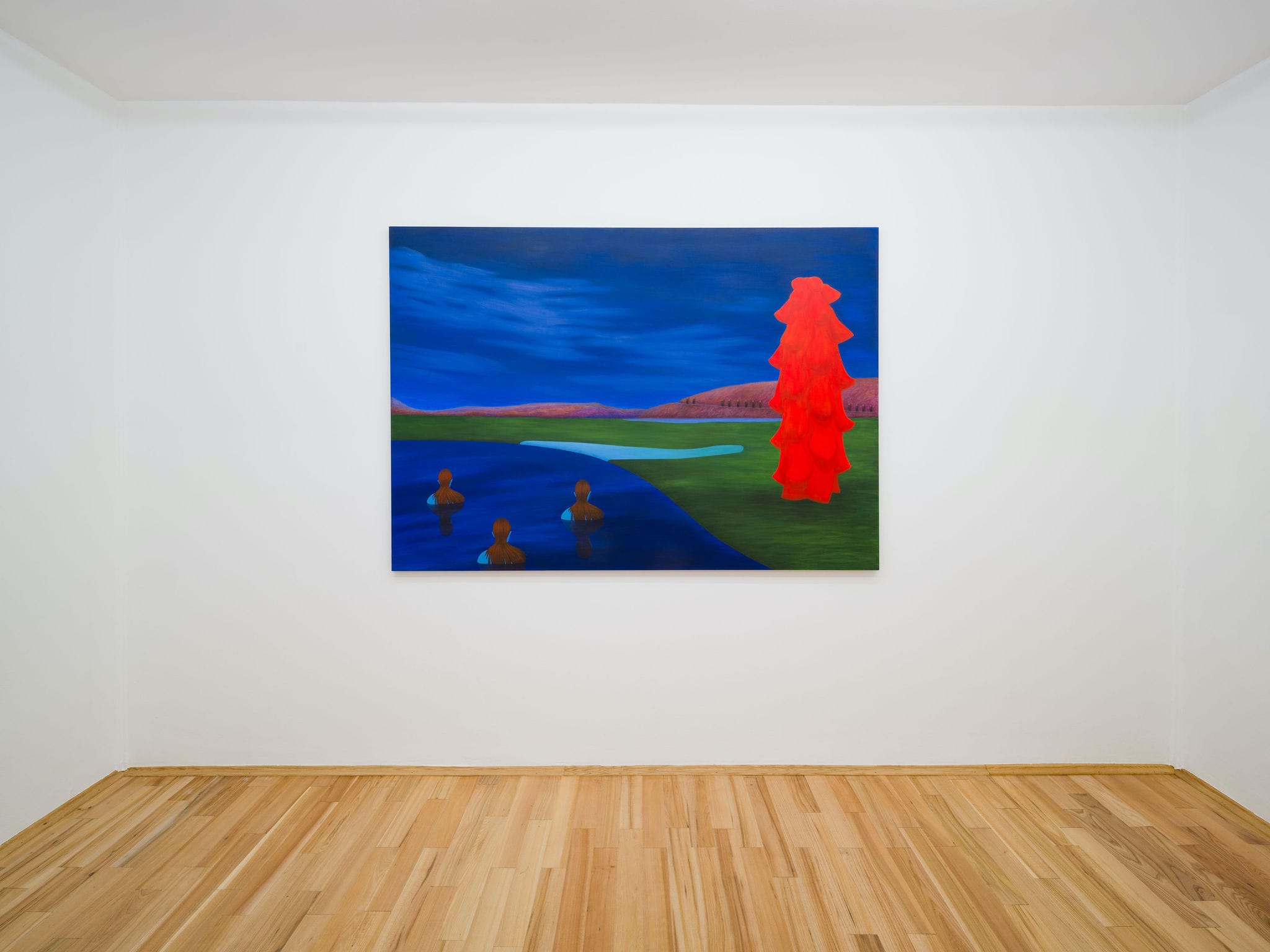
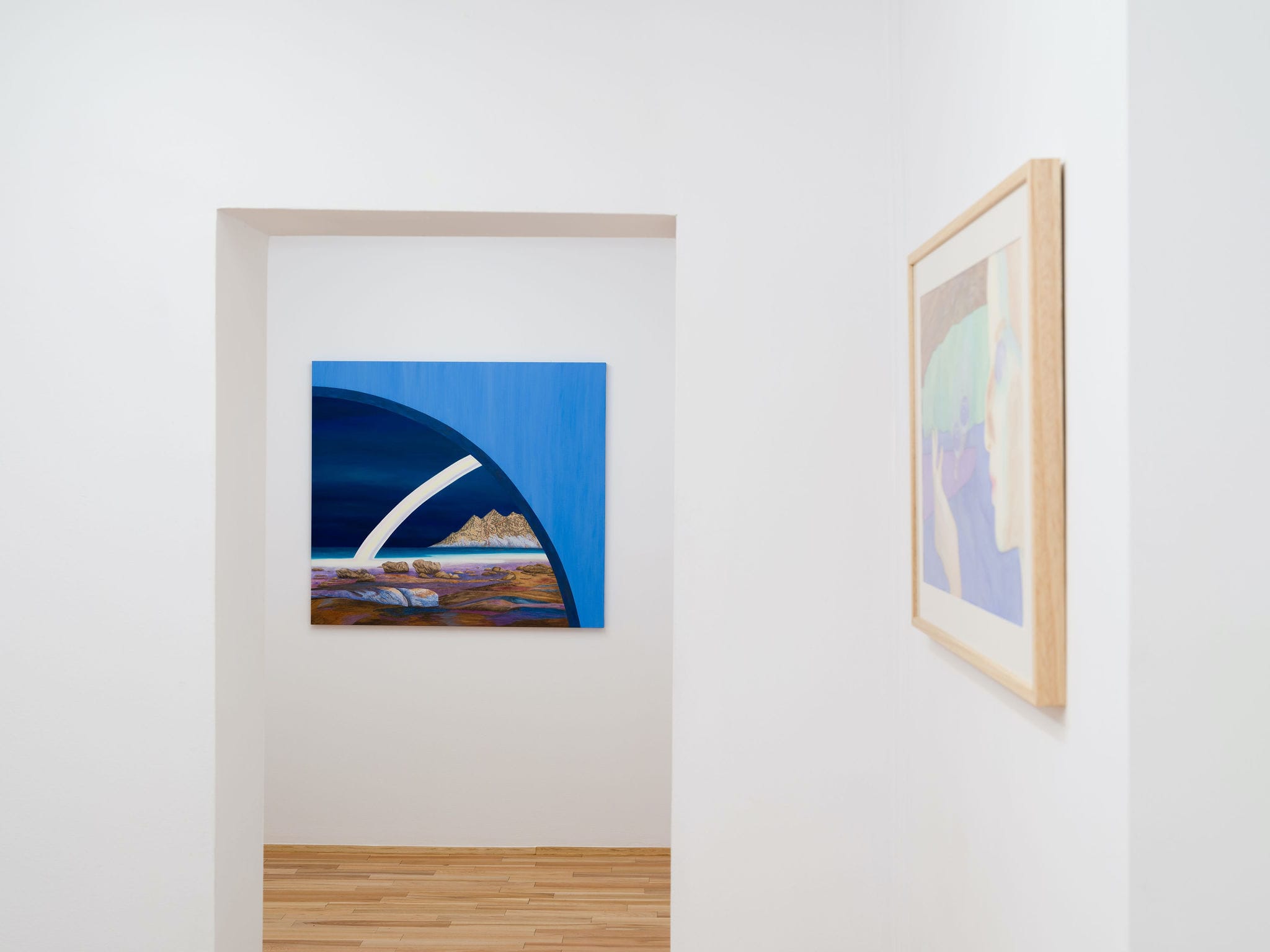
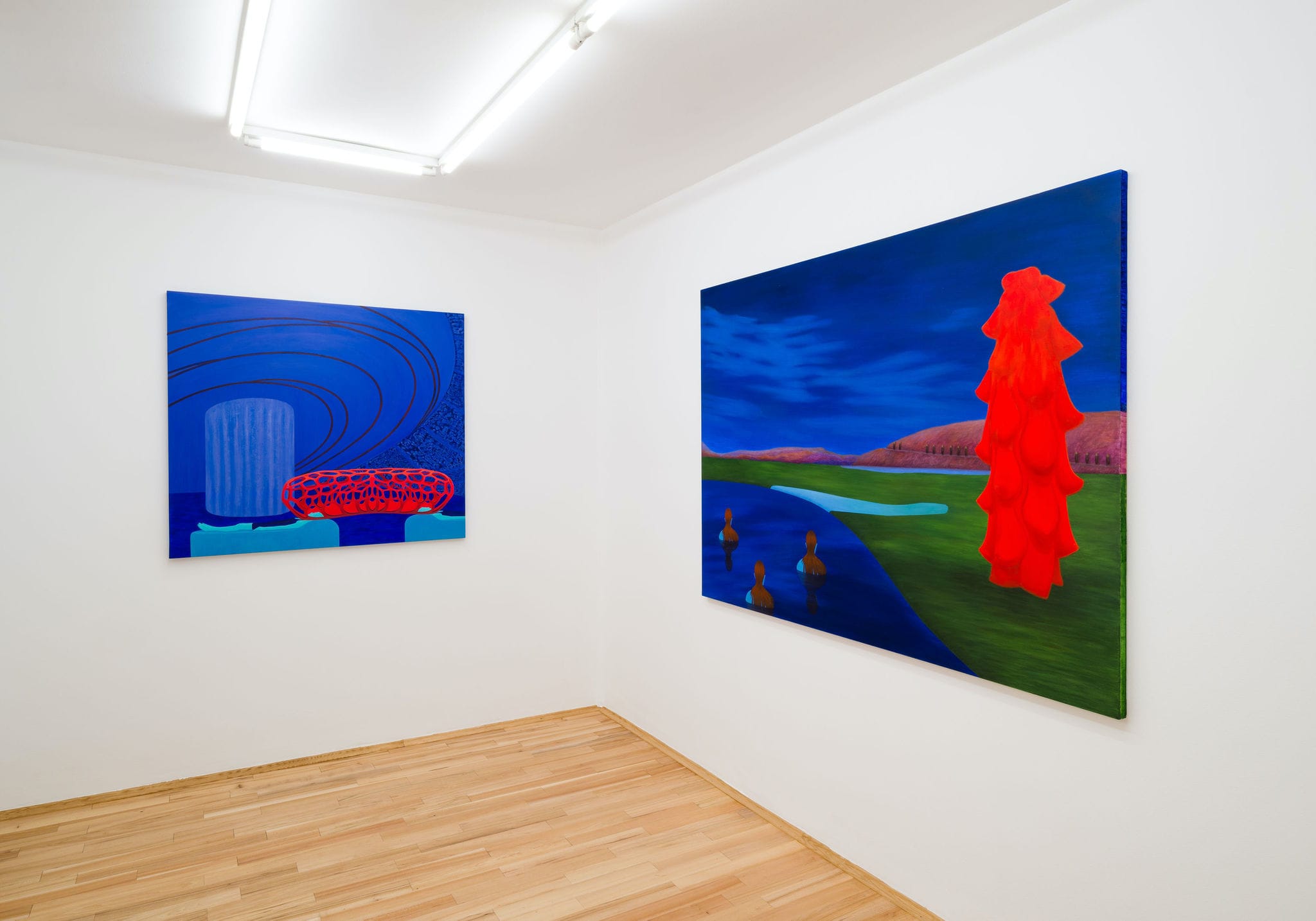
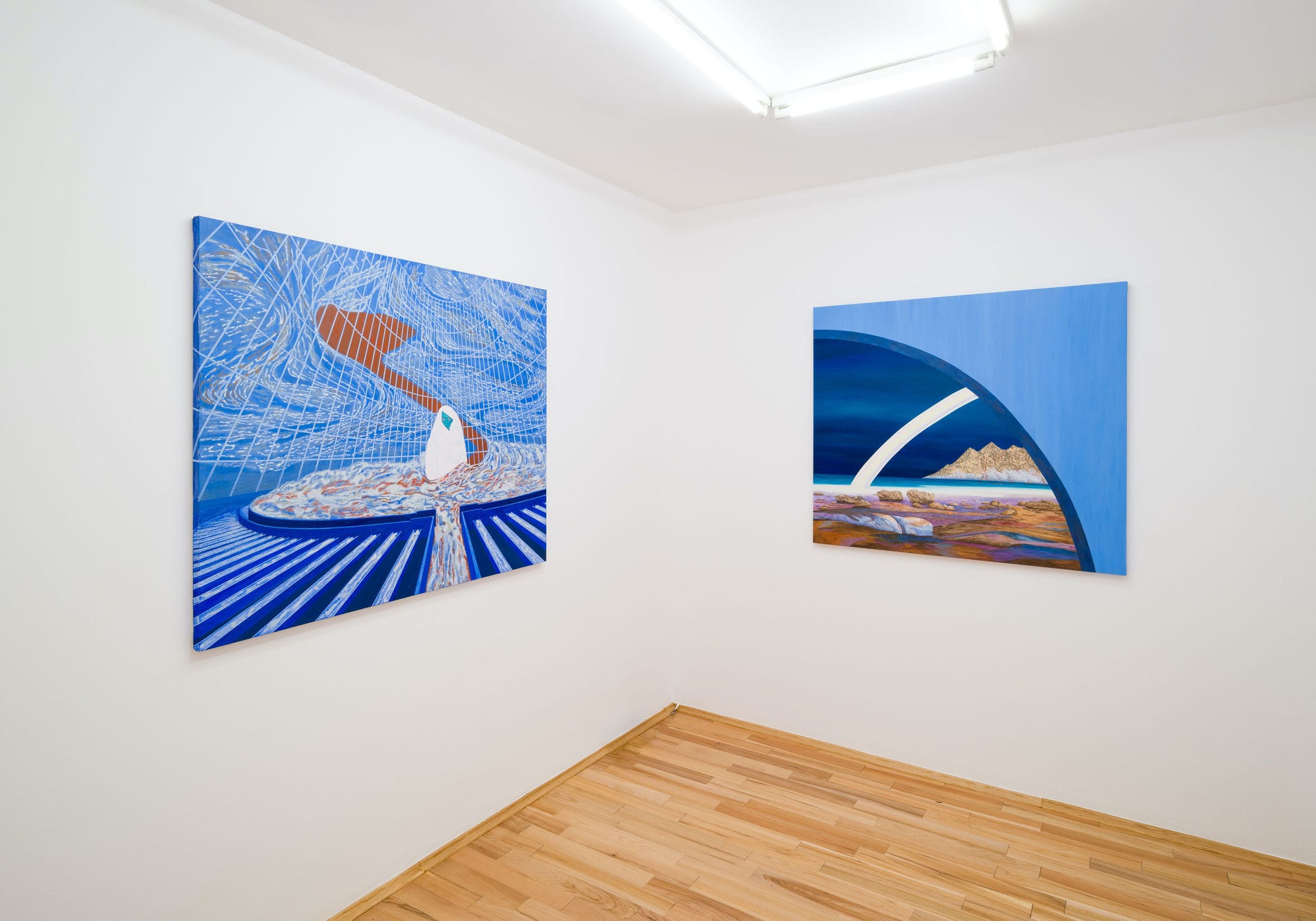
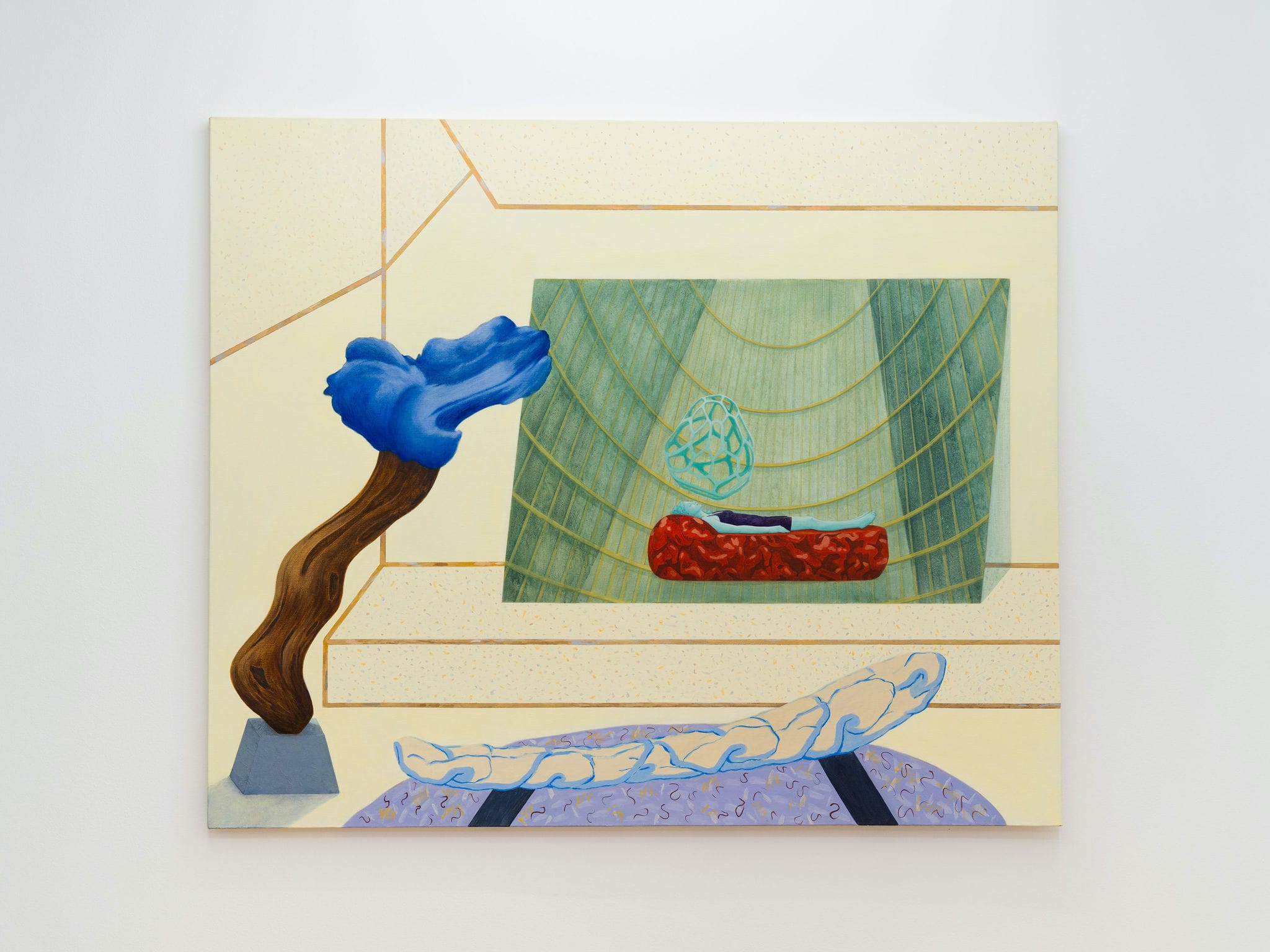
acrylic on canvas
150 x 180 cm
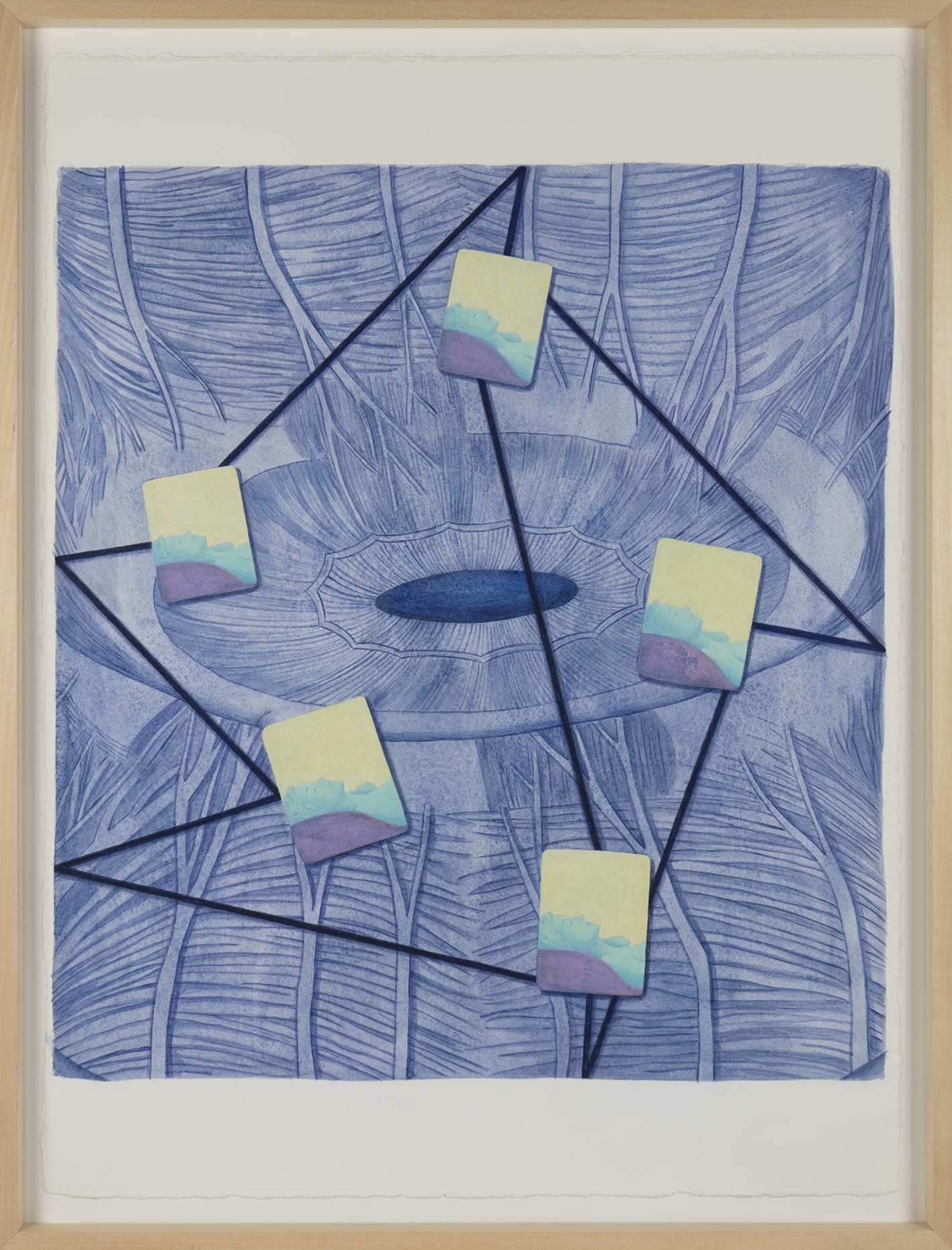
acrylic and colored pencils on paper
60 x 54 cm
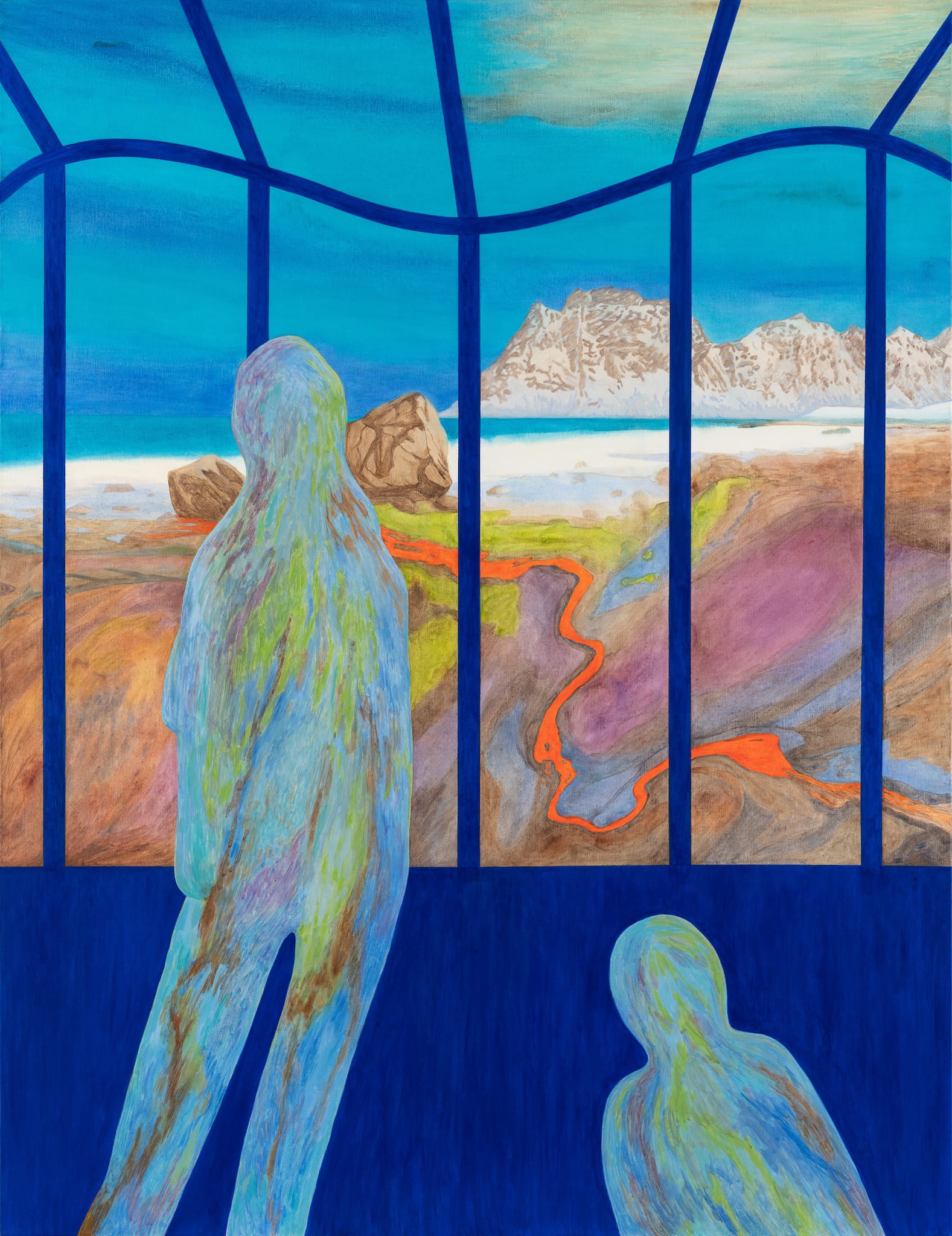
acrylic on canvas
130 x 100 cm
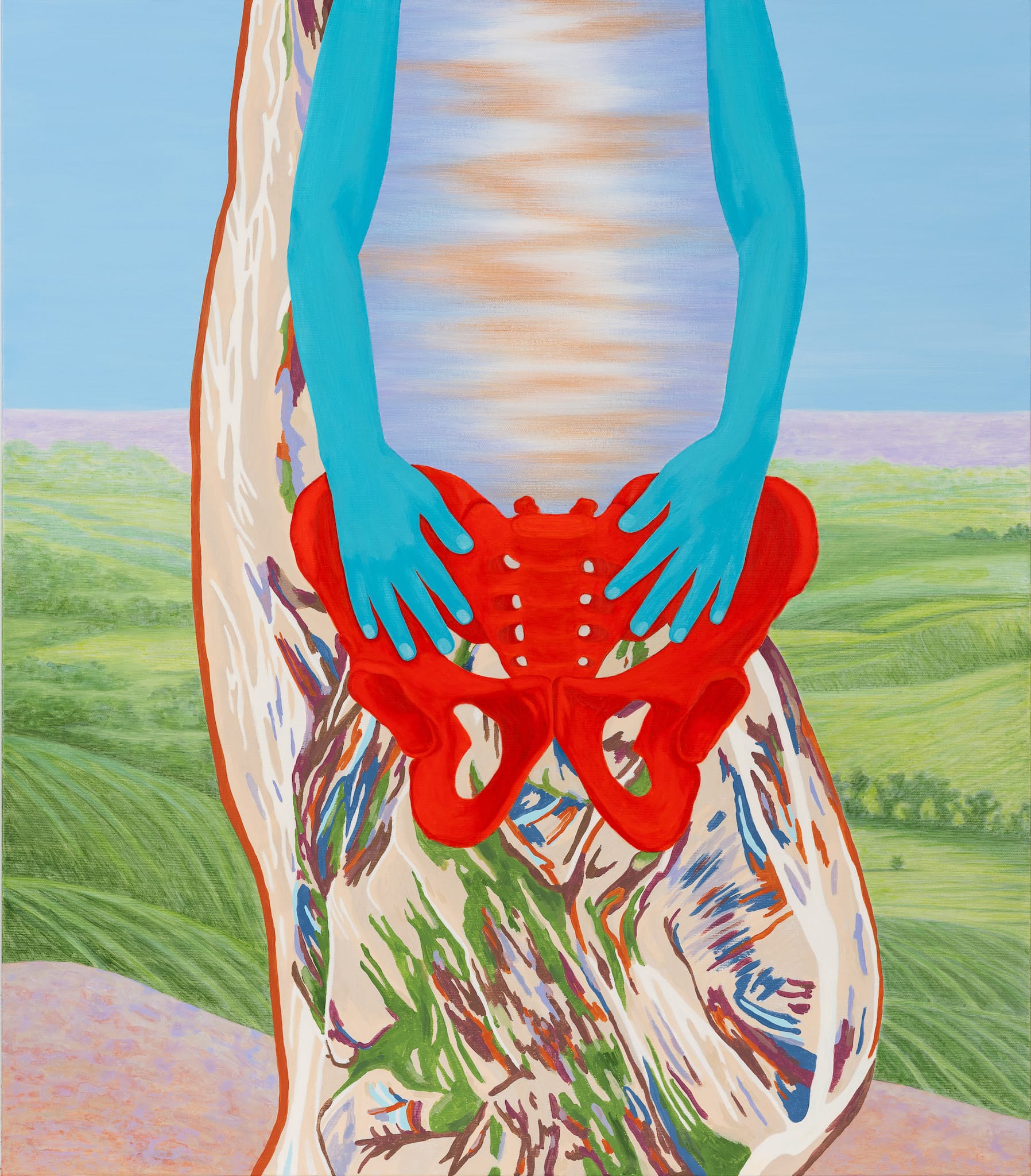
acrylic on canvas
80 x 70 cm
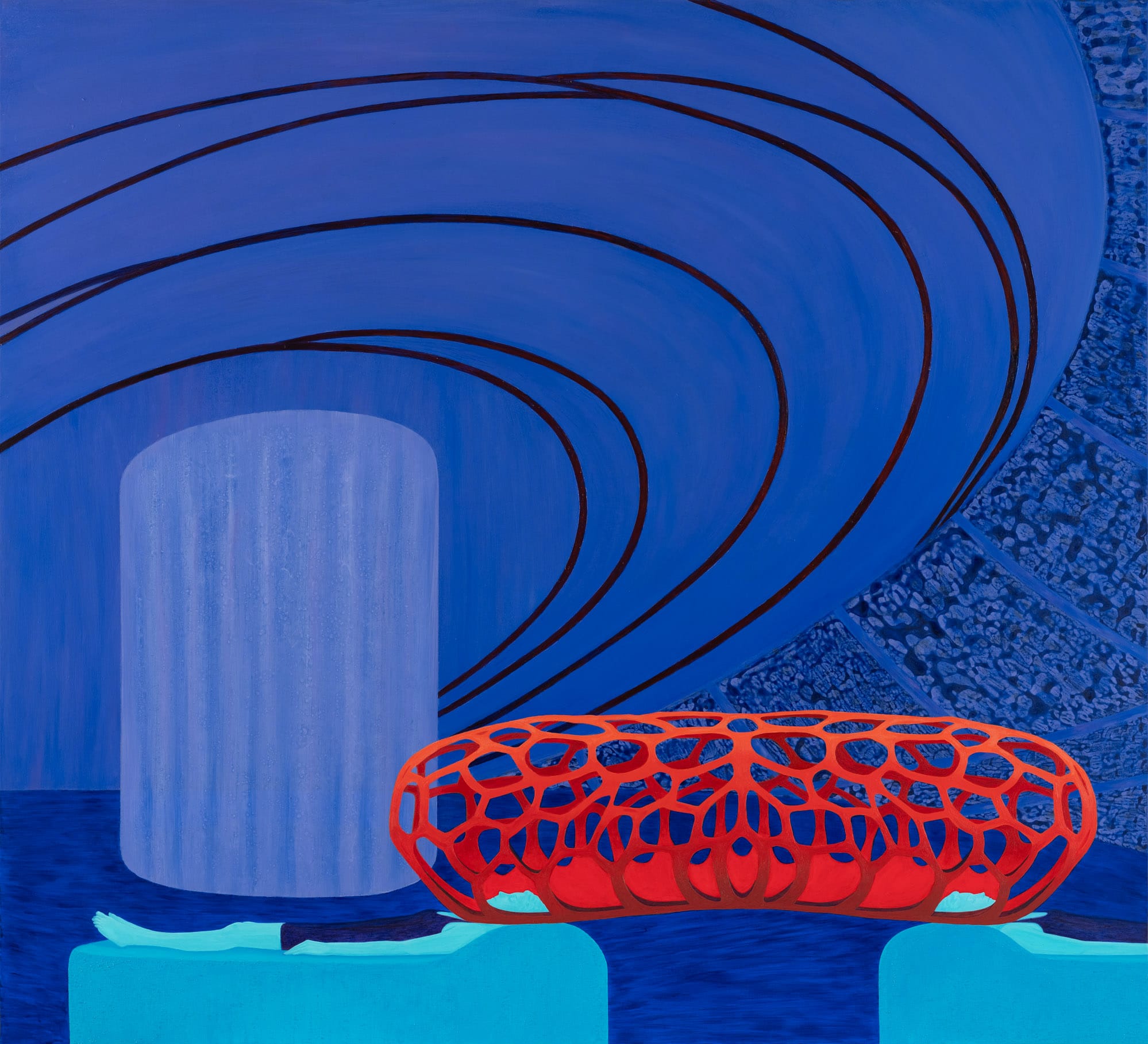
acrylic on canvas
100 x 110 cm
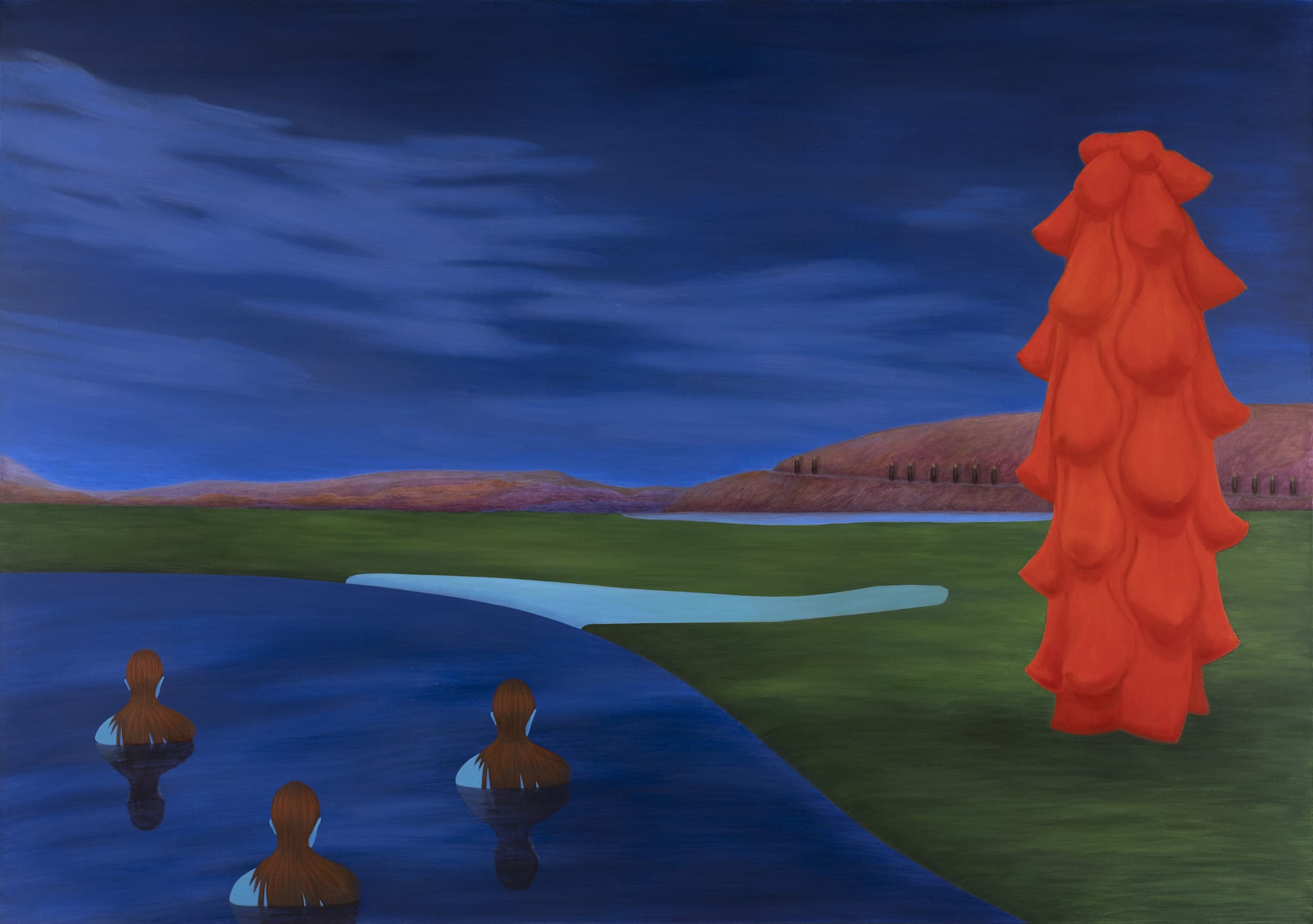
acrylic on canvas
120 x 170 cm
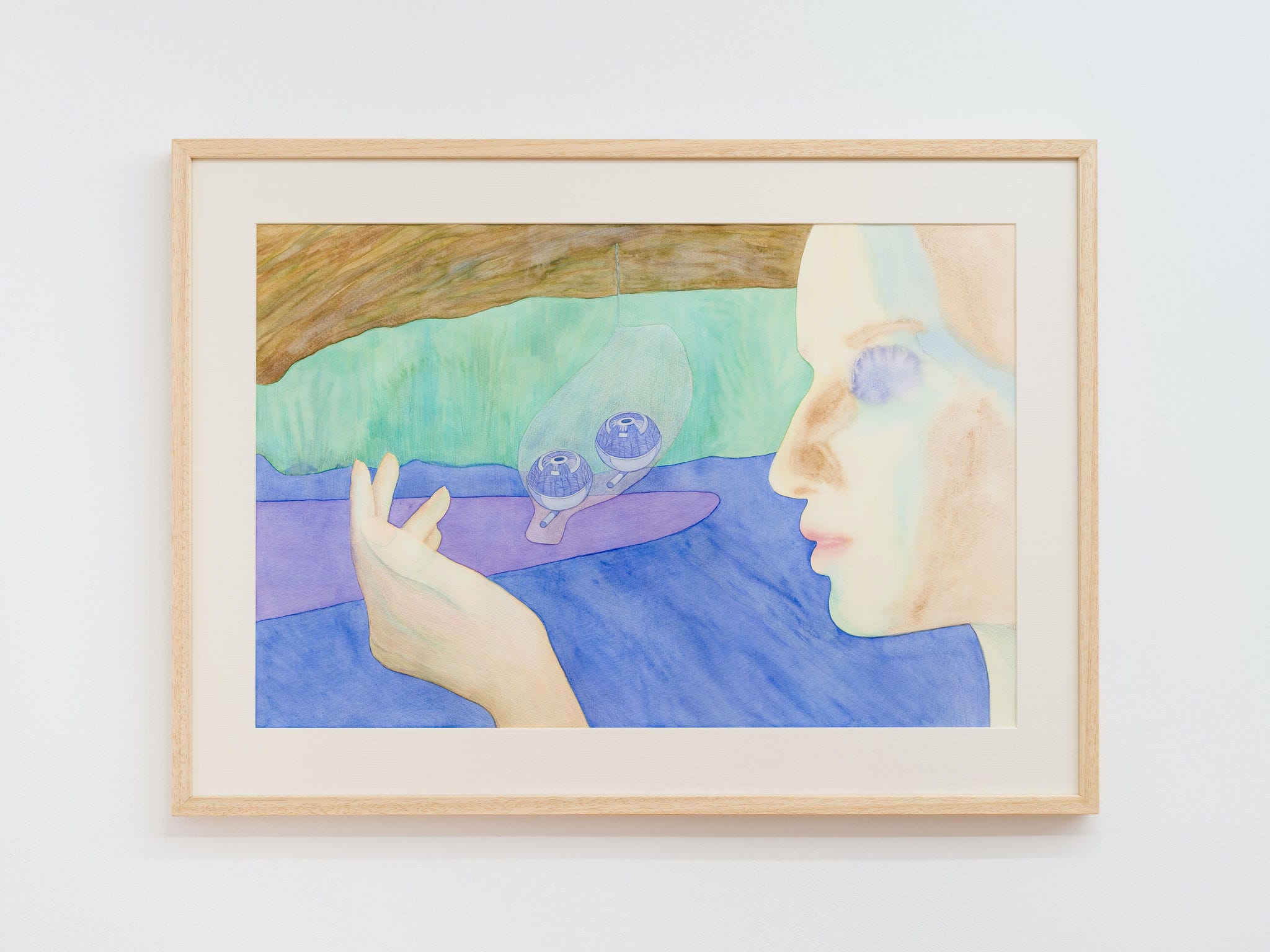
watercolor on paper
40 x 61 cm
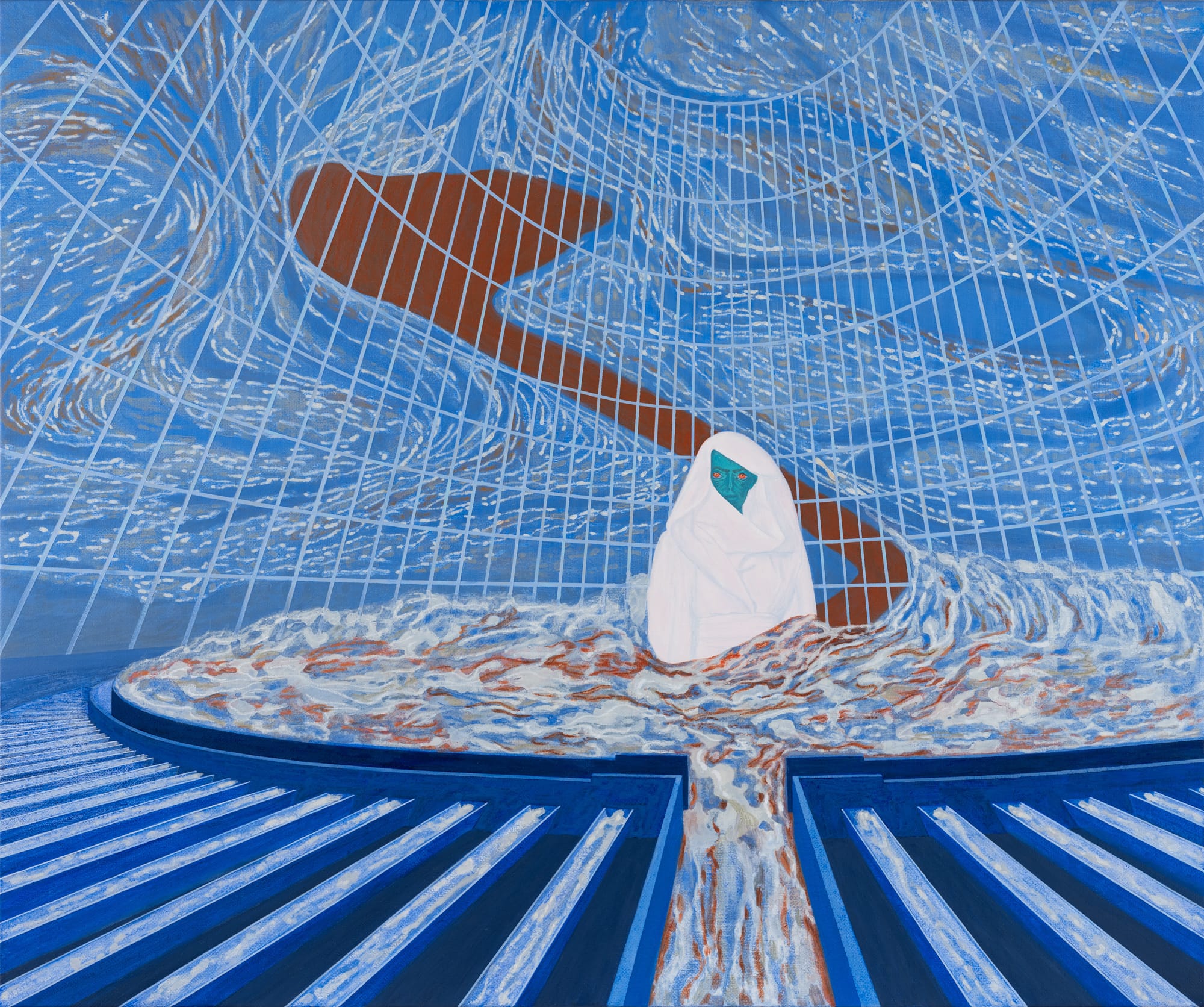
acrylic on canvas
100 x 120 cm
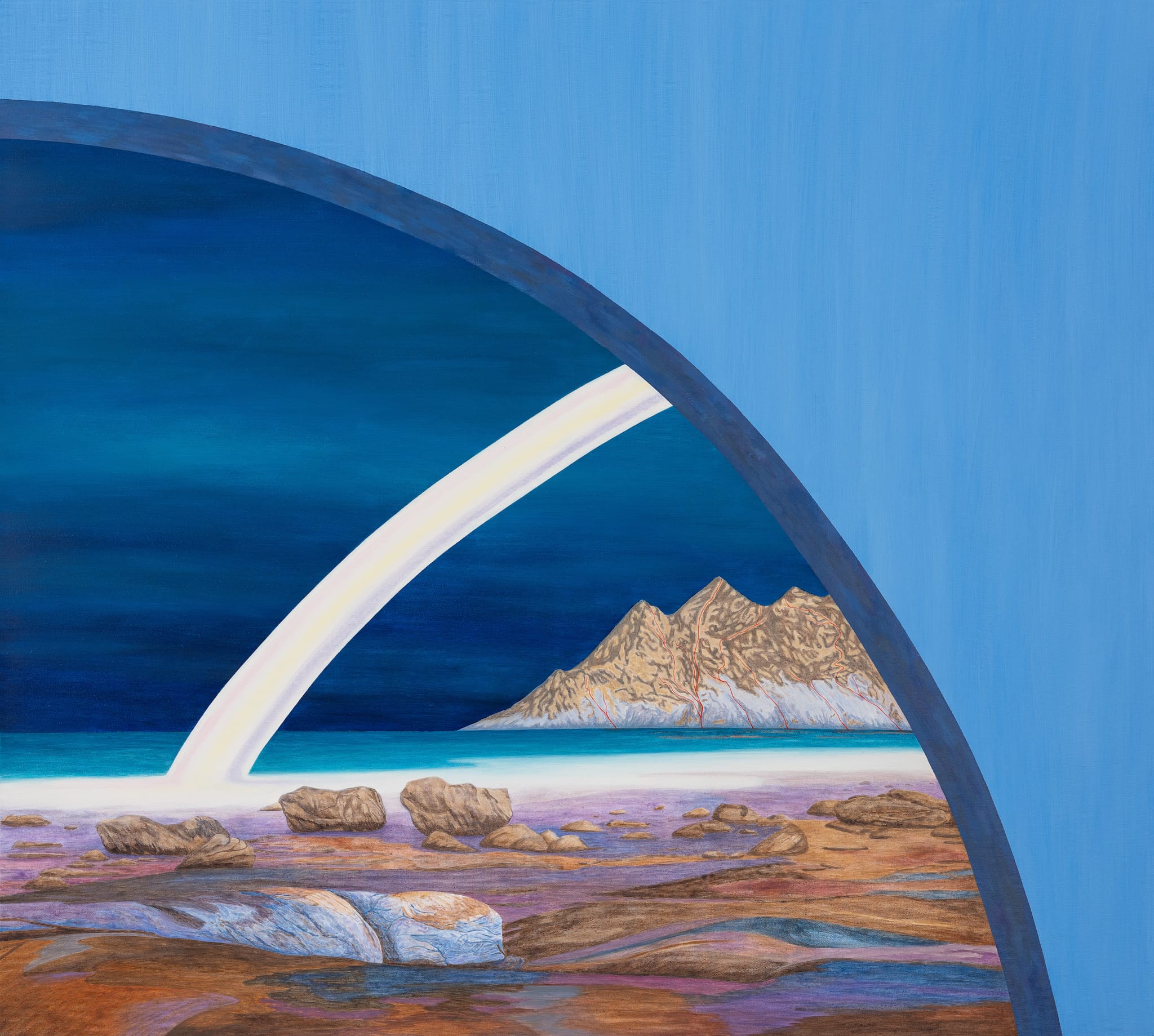
acrylic on canvas
100 x 111 cm
Artist Bio
Codruța Cernea (b. 1979, Târgu-Mureș) uses painting as the ideal medium to exercise possibilities and to reveal hidden aspects of her own existence. Her works have a profound meditative atmosphere and often capture private moments, reflecting the underlying feeling of solitude increasingly present in the contemporary human experience. The observer’s viewpoint, nostalgic scenarios about the future, the individual experience as a subtle mirror of collective transformations, the landscape, human nature with its contradictory emotional needs are some of the themes explored by the artist in her distinct and ever-changing pictorial universe. Codruta’s practice is motivated by contemporary questions about the cultural development of concepts such as scenic nature, environmental and bio-engineering policy, democracy, carbon capitalism and the meaning of happiness.
